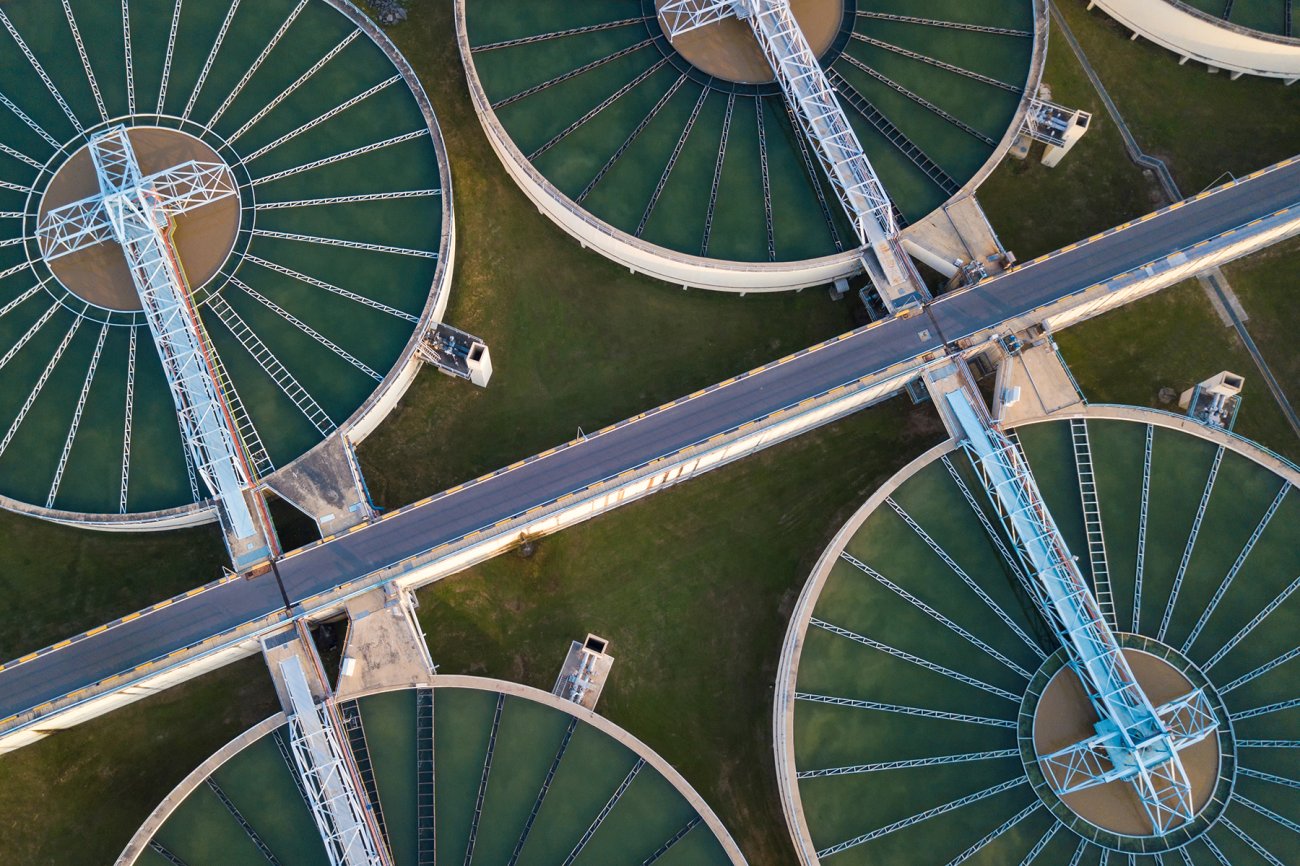The Best Guide To Reclaim Waste
The Best Guide To Reclaim Waste
Blog Article
See This Report on Reclaim Waste
Table of ContentsNot known Details About Reclaim Waste The Buzz on Reclaim WasteLittle Known Questions About Reclaim Waste.Reclaim Waste Fundamentals ExplainedThings about Reclaim Waste
Check out the types, occurrences, and forms of fluid waste. Residential sewer waste describes the waste and products from a property septic system. This kind of waste is developed by people in residences, colleges, and various other structures. This only includes septic tanks that have a drain field. The proper management and disposal of residential sewage waste need fluid waste to be moved to a sewage therapy plant where the correct techniques and equipment are related to cleanse and dispose of waste.
Industrial waste often consists of potential dangers, such as combustible materials or a combination of fluid and solid waste items, and requires an advanced and detailed disposal process. The disposal of business waste normally entails the filtering of waste before transport to ensure risk-free and appropriate disposal. Industrial waste is created from results and overflow of industrial processes and production.
This type of waste can not make use of the same sewer monitoring transportation or procedures as septic or business fluids. The commercial waste monitoring procedure requires the inspection and screening of liquid waste before it undertakes the disposal process (liquid waste disposal). Drainage waste is the liquid waste that comes from overflow and excess stormwater in extremely booming locations or cities
Runoff waste can cause contamination and flooding if not taken care of effectively. Learn a lot more concerning sewage system cleaning and waste management. Ensuring correct waste monitoring can protect against catastrophes and decrease environmental damage. Both individuals in property setups and experts in industrial or production markets can gain from understanding the processes and policies of liquid waste monitoring.
9 Simple Techniques For Reclaim Waste
Contact PROS Providers today to learn about our waste administration and disposal services and the appropriate ways to look after the liquid waste you create.
(https://linktr.ee/leonaube33101)Do you understand what takes place to your water when you disengage, purge the bathroom or drain pipes the washing equipment? No? Well, it deserves knowing. This so-called 'wastewater' is not just a crucial source however, after therapy, will certainly be released to our land, rivers or the sea. Utilized water from toilets, showers, bathrooms, kitchen area sinks, laundries and commercial processes is known as wastewater.

water utilized to cool equipment or clean plant and equipment). Stormwater, a kind of wastewater, explanation is runoff that flows from farming and metropolitan locations such as roofings, parks, yards, roads, courses and rain gutters into stormwater drains pipes, after rainfall. Stormwater streams unattended directly to local creeks or rivers, at some point reaching the ocean.
What Does Reclaim Waste Do?
In Queensland, most wastewater is treated at sewage therapy plants. Wastewater is transferred from residential or commercial websites with a system of sewage systems and pump terminals, called sewerage reticulation, to a sewage treatment plant. Local governments construct, keep and run most sewer therapy plants. Operators are accredited under the Environmental Management Act 1994 to release treated wastewater at an acceptable environmental requirement into waterways.
The Division of Natural Resources suggests city governments about handling, operating and keeping sewage systems and therapy plants. In unsewered locations, local federal governments might require homeowners to install individual or house sewage treatment systems to deal with residential wastewater from bathrooms, cooking areas, washrooms and washings. The Division of Natural Resources authorises making use of household systems when they are proven to be effective.
In some new subdivisions, therapy of some stormwater to get rid of clutter, sand and gravel has actually begun making use of gross toxin traps. Wastewater therapy happens in four phases: Eliminates strong issue.
Wastewater then moves into large containers where solids work out and are gotten rid of as sludge. Oil and residue are skimmed from the surface. Makes use of tiny living microorganisms called micro-organisms to damage down and eliminate remaining liquified wastes and fine bits. Micro-organisms and wastes are integrated in the sludge. Removes nitrogen and phosphorus nutrients that might create algal blossoms in our waterways and intimidate water life.
Not known Incorrect Statements About Reclaim Waste
Nutrient removal is not available at all sewer therapy plants due to the fact that it calls for pricey specialised equipment. Clear fluid effluent produced after treatment might still contain disease-causing micro-organisms - liquid waste removal.

A lot of wastewater flows into the sewage system. Under the Act, regional governments carry out authorizations and licences for environmentally appropriate activities (ERAs) involving wastewater launches that might have a local influence.
Fascination About Reclaim Waste
Otherwise, samples are taken for laboratory analysis. Usually many tests are required to develop the degrees of each of the various toxins such as oils, hefty metals and chemicals in water. Surveillance provides accurate information regarding water quality and can confirm that permit conditions are being fulfilled. The info obtained through tracking gives the basis for making water high quality decisions.
Report this page